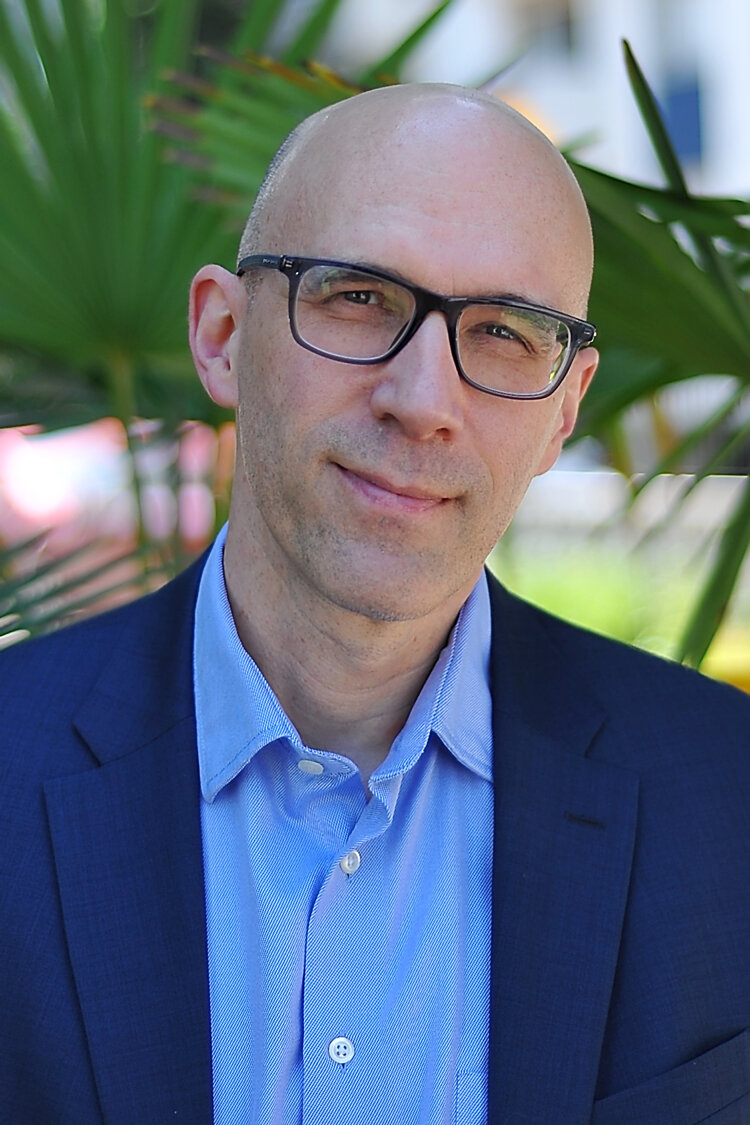
Your Independent Voice
April 4, 2023
Flora’s (not her real name) email to me came at a low moment. Let me explain.
Earlier this spring, I’d written three articles in successive APSA newsletters about critical internal and external equity issues as these relate to your (too low) compensation. Last year, I wrote about critical bullying and harassment and overtime issues, just to name a few more. I err on the side of providing fulsome information to you about workplace topics, so that you know about the larger issues that you and members like you could face at the University. There’s power in information and power in being able to decide about your career paths and workplace choices using the best available information.
The University isn’t especially fond of APSA’s candour with members like you, whether in our newsletters or in our other communications to you. Feedback to us from University representatives ranges from the subtle to the not-so-subtle. University representatives have said of my articles and other articles in our newsletters, “Why don’t you write about how we work together?” A less-than-subtle example was when a different University representative yelled at me and two APSA volunteers, “Your first loyalty is to the University!” And at another time in an annoyed tone, “You’re stirring up your members!” There are further examples ranging in tone and level of emotion.
While it is true that APSA and some University representatives do work together to solve some problems at the unit level, this hasn’t been the dominant trajectory of our working relationship with the University when it comes to larger issues such as bargaining, the independence of the Human Rights Office; and the Joint Compensation Review Committee (your compensation), just to name a few. Again, my articles and other APSA communications on these topics are written to ensure that you’re informed about your workplace and to let you also know that the other employee groups at SFU share many of these same workplace issues with the University.
Yes, APSA staff and volunteers face University pressure to quieten our independent, organizational voice—what we tell you.
There are days when I feel this pressure more acutely. The day I received Flora’s email was one of those days, because it had been communicated to us by University representatives that APSA acts too much like a union in advocating for members like you. (There's an irony to this remark to us, which you can read about here. Please see the topic "Essential Services.")
And then Flora’s email arrived in my inbox:
It is perhaps because I am an immigrant, a person of colour, a woman, that I do not fight harder for things that I have earned, that I am owed, that I have a right to, because I have largely lived a life that is the opposite of privileged. But your articles have made me very aware that there are other people who are struggling in the same way, and I hope to add my support to them.
I appreciate your continued advocacy.
Flora’s vulnerable (and powerful) candour helped me understand this—we may be afraid or anxious or stressed to speak our minds; to assert ourselves in all kinds of workplace situations. But together, all our voices amount to a chorus—like this, it’s hard not to be heard.
